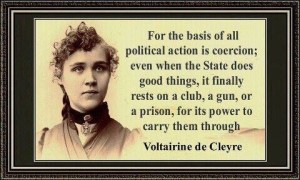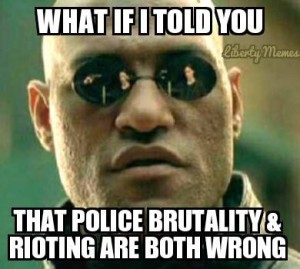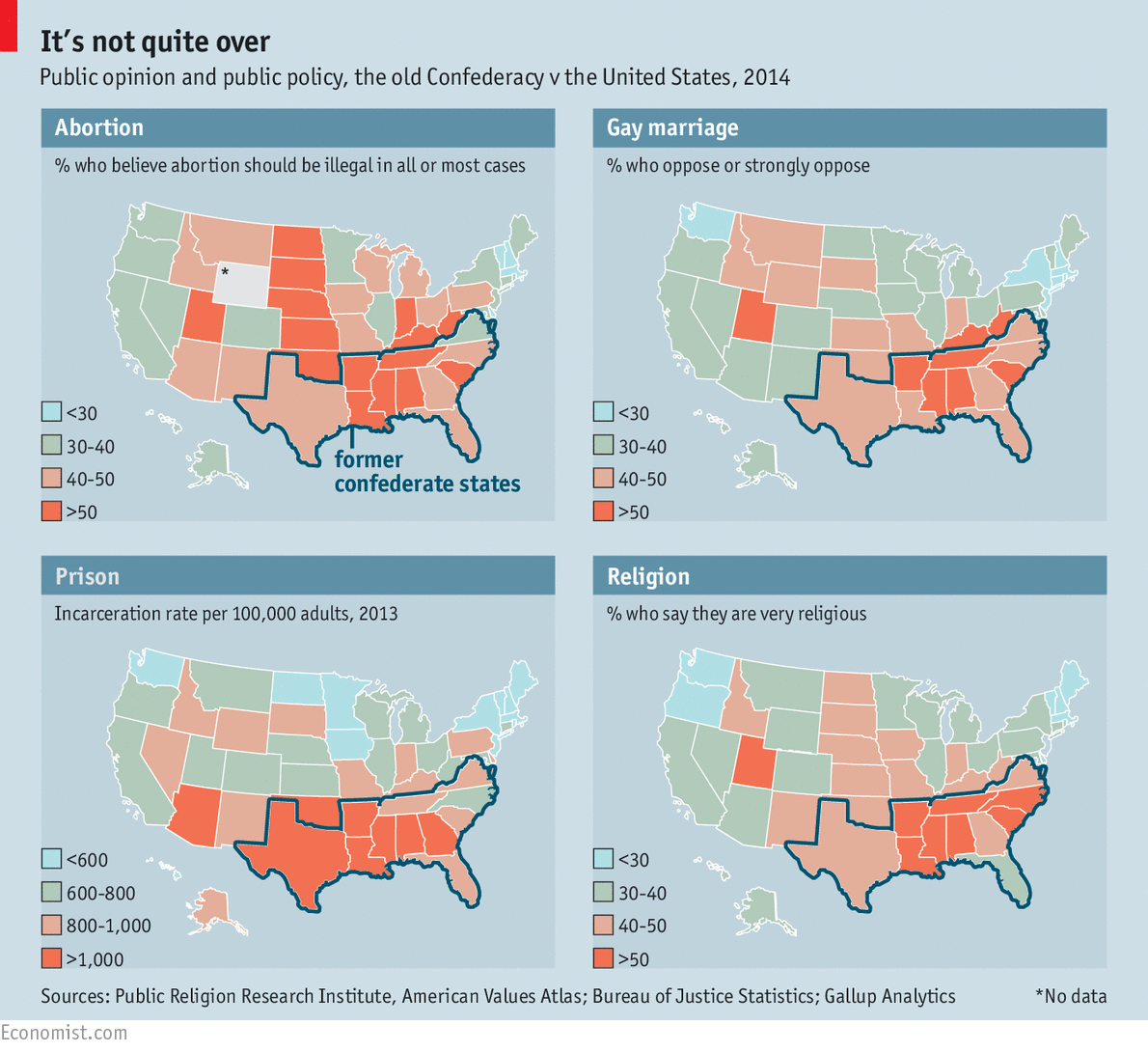A Thought Experiment: Fraternity Initiation Gone Horribly Wrong

I would like to conduct a little thought experiment.
It seems that quite a few people have very strong opinions about the Freddie Gray case in Baltimore. Some of you see this as a race issue, others as a police issue (cops either almost always have halos or devil horns), and a few see this as the human tragedy it truly is. Some believe that there simply isn’t enough proof to bring charges against the six police officers. They are being railroaded and overcharged some say (I would like to point out that overcharging non-cops and railroading non-cops in the justice system is an everyday occurrence). I would like to remove these variables and see if we come up with a different conclusion if we change the actors.
Let’s say that instead of six cops putting Freddie Gray in a paddy wagon its six fraternity brothers (of any race you wish, but let’s say they are all of the same race…use your imagination) from the (fill in the blank) chapter doing an initiation. At this point in the story, our analogue for Freddie Gray is a pledge who wants to join this fraternity. Let’s call him Jim.
Are you with me so far?
Now that we know who the actors are let’s continue…
Several of the fraternity brothers find Jim and start the initiation process. They put Jim in hand cuffs and call the rest of the fraternity brothers who eventually pull up in a van. As they begin to put Jim in the van, he begins to panic.
“I can’t breathe, I need my inhaler!” Jim says.
The fraternity brothers ignore Jim’s concerns and proceed to put him in the back of the van.
Jim sits on a bench with both his hands and feet cuffed but not restrained in a seat belt. The van peels out down the road. Jim is bouncing around the van. Whatever else happened inside the van remains unclear. Did the fraternity brothers get a little too rough with him? What caused Jim’s neck injury? Was his injuries sustained just from bouncing around with his hands and feet bound?
We don’t know for sure.
The driver stops the van and checks in on Jim. Clearly, Jim appears to be hurt but the driver offers no medical attention, shrugs, and returns to the driver’s seat.
After driving a few more blocks, the van stops to pick up a second fraternity pledge. Jim, no longer really “into” being a pledge says at least twice that he needs to be taken to a hospital or at the very least, dropped off. Jim is having difficulty breathing. The driver again ignores Jim’s pleas and obvious medical needs.
What happens next remains controversial. Some news outlets say the other pledge witness Jim trying to injure himself! A day or two later, the person claiming to be the other pledge says that he was being misquoted and said that Jim did not try to injure himself. Even more news stories claimed that the original story was true and the second story was false.Dr. David Samadi writing an article for The New York Daily News writes that an injury of that type being self-inflicted is “highly unlikely.”
After driving around a bit more the van stops again. Jim is on the floor and unresponsive but the frat brothers again decide not to take him to a hospital or offer any kind of assistance. Still bound at his hands and feet and still not secured in a seat belt, the van makes its way to the frat house.
When the van finally stops at the frat house, the driver notices that Jim isn’t breathing. The frat brothers finally come to terms with just how dire the situation is and dial 911.
Jim is transported to the hospital via ambulance. About a week later, Jim dies of injuries to his spine.
In the autopsy report, the cause of death is ruled a homicide.
In the weeks that followed Jim’s death, there were all sorts of rumors about his character. He had been arrested several times – mostly drug offenses. Stories on social media also claimed that Jim had sustained the spine injuries in a car accident prior to the fraternity initiation and had a surgery to repair the damage (this story turned out to be false but many people still believe it to be true). Furthermore, the toxicology report revealed that Jim had heroin and marijuana in his system.
Now that these variables are a little different, is there anyone out there who is going to tell me that in such a scenario these six frat brothers would not receive at least some of the following charges?
-Manslaughter by vehicle (gross negligence on the part of the driver – 10 years)
-Manslaughter by vehicle (criminal negligence on the part of the driver – 3 years)
-False imprisonment (the remaining five frat brothers – 1 count each)
-Manslaughter (1 count for each frat brother)
Based on these findings by the DA, would you say these frat brothers are being over charged? Should they be charged at all? Jim was alive and well before the frat brothers picked him up. Now he is dead. Something happened while he was under the control of the frat brothers.
And what about Jim’s arrest record? (Note: arrests are not the same as convictions) What about the toxicology report showing heroin and marijuana in his system? Assuming this is true, does this somehow absolve the frat brothers of any wrong doing, at least partially? If so how?
Final question: is your conclusion to the above scenario similar to the real life Freddie Gray case? If not, why not?
As to other ancillary comments about the protests, riots, or other cases…post those elsewhere as they are not relevant to this discussion.








